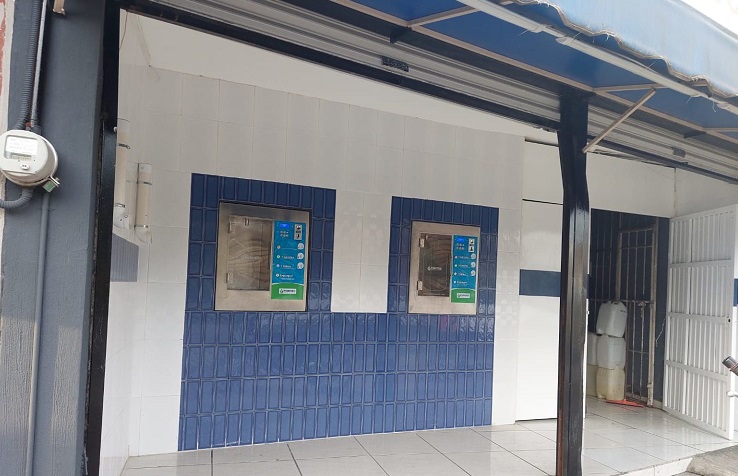
In today’s dynamic job market, owner-operator trucking and construction employment are lucrative and rewarding career paths. These industries offer individuals the chance to be their boss, contribute to essential sectors of the economy, and embark on fulfilling careers with ample growth opportunities. Let’s explore the niche of owner operator trucking jobs and construction employment, highlighting each sector’s unique aspects and benefits.
Top Bridging Opportunities
Owner Operator Trucking Jobs:
Owner operator trucking jobs allow individuals to own and operate their commercial vehicles independently. Unlike traditional truck driving roles where drivers work for trucking companies, owner operators have greater control over their schedules, routes, and earnings. They invest in or lease their trucks from companies, assuming responsibility for maintenance, fuel costs, and other operational expenses.
One of the key advantages of owner operator trucking jobs is the potential for higher earnings. Since owner operators negotiate their rates directly with clients or freight brokers, they can command higher pay rates based on route complexity, distance, and cargo type. Additionally, owner-operators can take advantage of tax deductions for business expenses, including truck maintenance, insurance premiums, and fuel costs, further enhancing their profitability.
However, owner operator trucking jobs also come with challenges, including the initial investment required to purchase or lease a commercial truck and the responsibility for managing all aspects of the business. From maintaining compliance with industry regulations to handling administrative tasks such as invoicing and bookkeeping, owner operators must wear many hats to succeed in this competitive field.
Construction Employment:
Construction employment encompasses various roles within the construction industry, including skilled tradespeople, project managers, engineers, and laborers. From building residential homes and commercial properties to infrastructure projects such as roads and bridges, the construction sector plays a vital role in shaping the built environment and driving economic growth.
Variation in Career Path
One of the primary attractions of construction employment is the variety of career paths available. Whether individuals are interested in hands-on work as carpenters, plumbers, or electricians, or prefer project management, design, or engineering roles, the construction industry offers opportunities for individuals with diverse skills and interests to thrive.
Another key benefit of construction employment is the potential for career advancement and professional development. Many construction companies offer apprenticeship programs, on-the-job training, and tuition reimbursement to support employees in gaining new skills and advancing their careers. Additionally, as construction projects increase in complexity and scale, there is growing demand for skilled workers with specialized expertise in green building, sustainable construction practices, and advanced technology integration.
Exposure to Outdoor Elements
However, construction employment also presents challenges, including the physical demands of the work, exposure to outdoor elements, and potential safety hazards. Workers in the construction industry must adhere to strict safety protocols and regulations to prevent accidents and injuries on job sites. Additionally, the cyclical nature of the construction industry can lead to fluctuations in employment opportunities, requiring workers to adapt to changing market conditions.
Owner operator trucking jobs and construction employment offer individuals the chance to pursue rewarding careers in dynamic industries. Whether individuals are drawn to the freedom and flexibility of owner operator trucking or the diverse opportunities available in the construction sector, both niches provide avenues for professional growth, financial success, and meaningful contributions to society. By understanding each sector’s unique aspects and benefits, individuals can make informed decisions about their career paths and embark on fulfilling journeys in these thriving industries.




